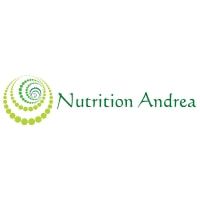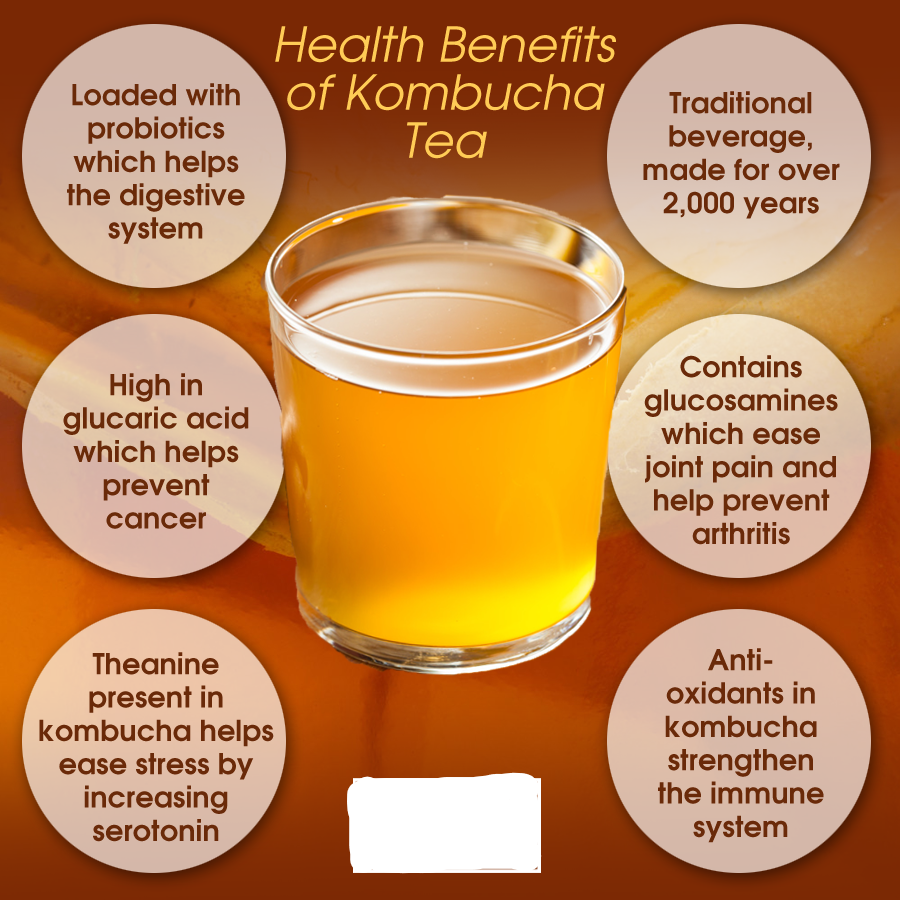|
Autoimmune diseases, among the most common disorders of young adults, are known to be affected by genetic and environmental factors, including vitamin D deficiency and fatty acids. In an earlier study, researchers found that high levels of salt also contribute to the development of multiple sclerosis, an autoimmune disease of the central nervous system. Specifically, they observed that high salt induces inflammation in a type of immune cell known as CD4 T cells, while also causing a loss of regulatory T cell function. This, they found, is mediated by a salt-sensitive kinase, or enzyme critical for cell signaling, known as SGK-1.
A protein involved in immune function [PRDM1-S] induced increased expression of the salt-sensitive SGK-1 enzyme, leading to disruption of regulatory T cells, the researchers found. Moreover, they found similar overexpression of the protein involved in immune function, PRDM1-S, in other autoimmune diseases, suggesting that it may be a common feature of regulatory T cell dysfunction. Scientists are now developing drugs that can target and decrease expression of the specific protein involved in immune function in regulatory T cells.
0 Comments
Researchers at the University of North Carolina Chapel Hill [my alma mater] have found that kombuchas' microbes directly influence the proteins needed to break down fat. This influence produced a cellular effect much like that of fasting. There has been much info and research recently about the benefits of Intermittent Fasting. But some people cannot participate in IF or not every day. Kombucha is easy to obtain at grocery stores, convenience stores or large chains, and include in your daily routine.
Kombucha has also been linked to positive blood sugar outcomes for those with type 2 diabetes, as well as showing great potential as an inflammation reducing antioxidant and antibacterial. Read more here. https://journals.plos.org/plosgenetics/article?id=10.1371/journal.pgen.1011003 A surprising therapy is showing promise for chronic pain, vision loss, and muscle recovery, among other conditions. Early human trials suggest it may help us heal in new ways as well. This growing field goes by several names. Light therapy. Phototherapy. Photobiomodulation.It leverages known effects of light on human health — such as skin exposure to ultraviolet light producing vitamin D or blue light's power to regulate human body clocks — to take light as medicine in surprising new directions.
Some areas of research - Red Light Could Restore Vision; Green Light for Pain Relief; Helping Muscles Recover With Red Light. Read more here - https://www.medscape.com/viewarticle/phototherapy-how-light-helping-patients-heal-new-ways-2024a1000epe?ecd=WNL_mdpls_240809_mscpedit_wir_etid6734576&uac=462671FR&spon=17&impID=6734576 |
AuthorWrite something about yourself. No need to be fancy, just an overview. Archives
October 2024
Categories |



 RSS Feed
RSS Feed